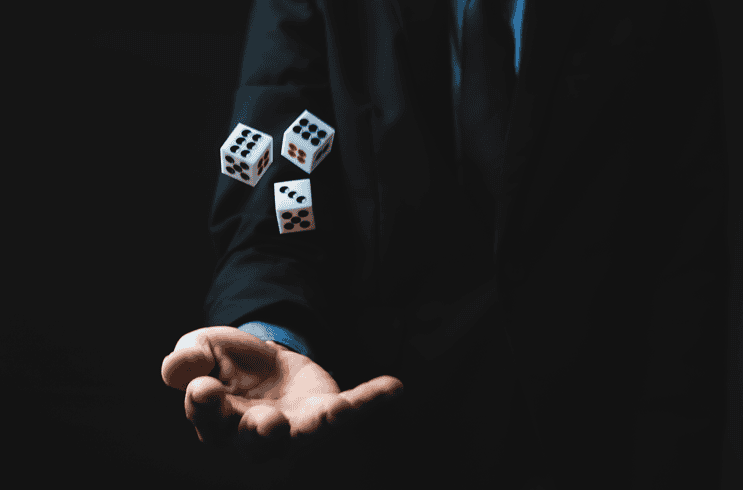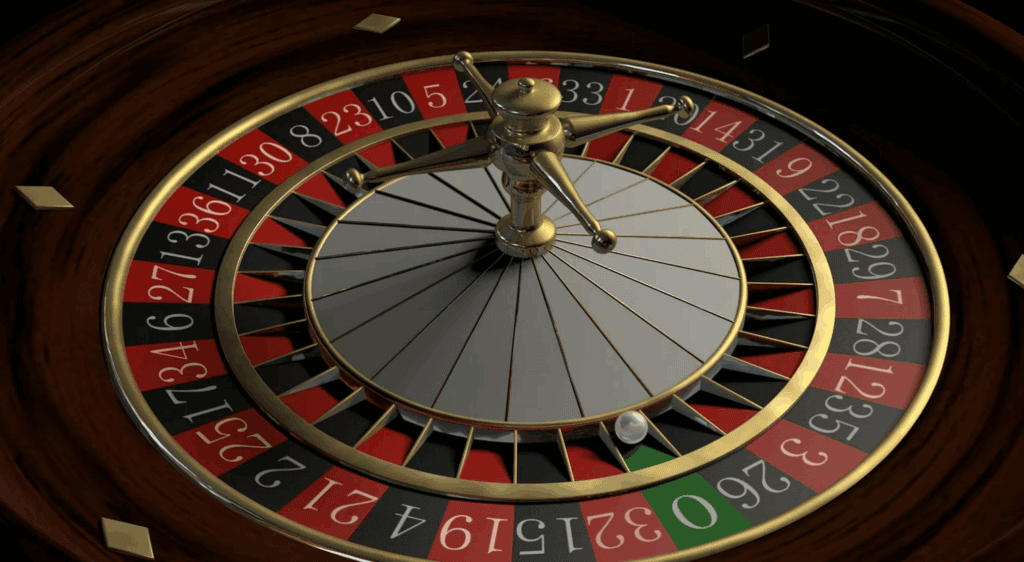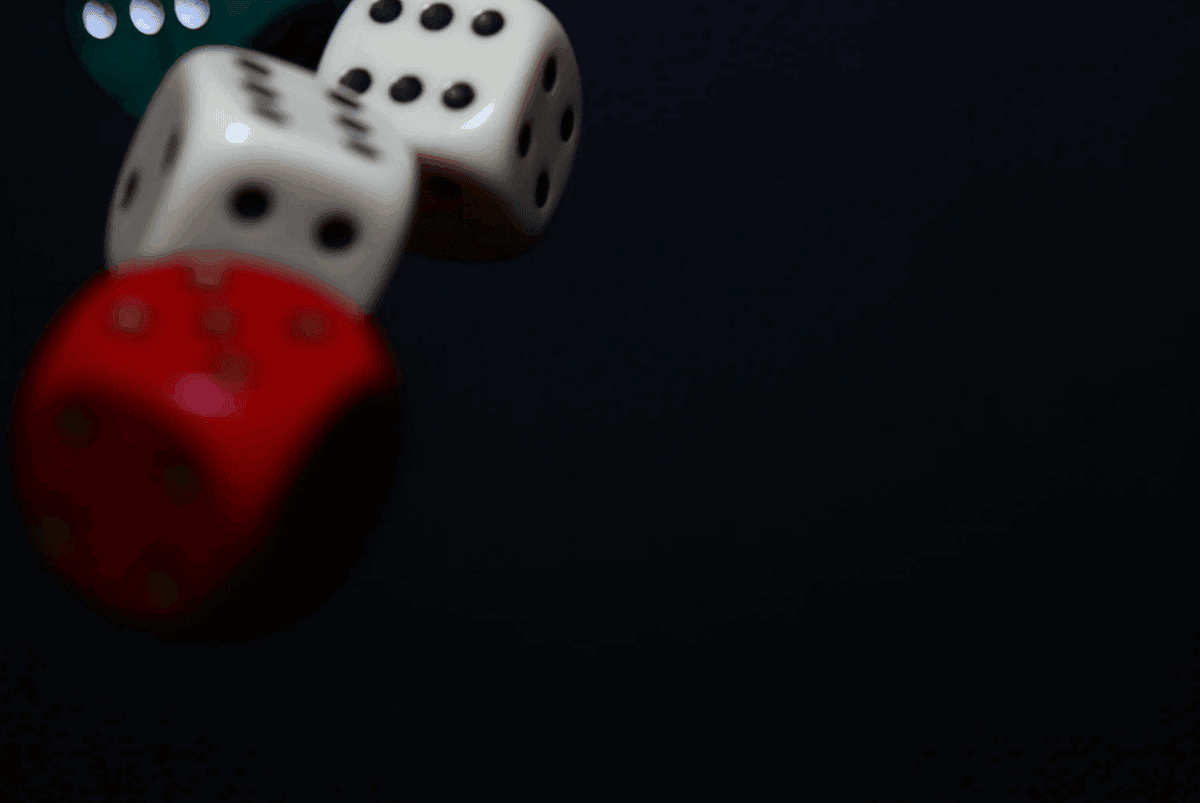The wheel turns round, and the small white ball comes to rest on black. And again—black. And again. And once more. Five blacks in a row. You glance around, raise your eyebrow, and think, “Red next.” It seems logical, fateful even. It isn’t. Welcome to the world of the Gambler’s Fallacy—a cognitive flaw that causes us to believe past occurrences somehow control the future of games of probability.
What Is the Gambler’s Fallacy?
The Gambler’s Fallacy, or Monte Carlo fallacy, is the incorrect belief that since an event has occurred more often than not within a certain time, it will happen less often in the future, or vice versa. We believe that randomness “evens out” at some point in the future. It doesn’t.
The classic example is a random coin toss. If you’ve rolled five heads in a row, you feel a tail is “overdue.” But the next flip remains 50/50 and unrelated to the ones before it.

Suppose you have placed a bet on a roulette wheel.
Why Our Brains Get It Wrong
And why are we so easily tricked? Gracias to the brain’s preference for patterns. Human beings are programmed to look for patterns where there are none. When it was once an adaptation—to distinguish animal tracks in the muck or a pattern of lethal flora, life and death. But when we apply that pattern-recognition ability to pure chance, such as slot machines or roulette wheels, it turns around and bites us on the rear end.
We are confusing the look of randomness and order. Our brains desire fairness, and the chance occurrence of a sequence of the same thing happening is “unfair-looking.” Randomness, however, owes us nothing.
The Monte Carlo Casino Incident
One of the most well-known Gambler’s Fallacies took place at the Monte Carlo Casino in 1913. It was a night when the ball hit black twenty-six times in a row. What are the chances of that happening? Around 1 in 66.6 million. But what actually transpired at the table was even more telling.
Folks kept placing bets on red, thinking that it simply had to appear next time. They lost millions. This was a lesson on cognitive biases, and it is still taught in psychology and behavioral economics classes today.
Casinos and Psychology: A Profitable Mix
Casinos prey on our psychological vulnerabilities. From neon signs to near misses, they’re designed to keep us playing. Gambler’s Fallacy is among the most powerful cognitive biases they employ. And it isn’t limited to gamblers alone.
Even casual players and intelligent folks are victims of this fallacy. That nagging feeling that a supposedly impending “win is close” or “the machine is hot”? That is the fallacy. Sites like Wildz offer us the honesty of live stats and truthful play audits, but even then, our brains can cause us to perceive patterns that do not exist.
The Neuroscience of False Patterns
Contemporary neuroscience has also shown us what is going on in our brains when these types of things do occur. When individuals anticipate something to occur, it is occurring in the anterior cingulate cortex and the dorsolateral prefrontal cortex—a region of the brain that is involved in decision-making and anticipation.
When the things that are expected do not materialize, these regions begin to get activated more, reinforcing the idea that the result actually does exist just around the next corner. fMRI tests have shown that our brains will try harder to see a pattern, even when there is no pattern. This becomes a cycle of behavior and belief that fuels repetition in gambling.
How the Fallacy Shows Up in Everyday Life
Gambler’s Fallacy occurs outside the casino as well. Think about sports fans who believe that their team is “due” to win a game after their team has lost a series of games. Or students who think that they will get an A after a series of bad grades.
Even when dating, one can comfort oneself, “The last two dates were awful, so the next one will be fine.” This can guide choices in insidious but influential ways. Recognizing the fallacy can help us make more rational choices and not be let down by fallacious reasoning.
Breaking the Cycle: Recognizing the Fallacy
Awareness is where you begin. The next time you catch yourself on the edge of getting that sensation that chances are going to “balance themselves out,” catch yourself short. Stop and think for a moment and ask yourself: Is it a game of skill or chance?
Are previous results related to the next one? You should pay attention to independent events. Every rotation of the roulette wheel, every throw of the dice, or every spin of the online slot machine is an isolated occurrence.
There is no memory on the machine and no scale to balance with; it is just waiting to come down. Webpages like Verywell Mind and APA.org have some good tools to assist individuals with finding thought distortions such as this.

Smart Gaming Starts With Smart Thinking
Responsible gaming is not limiting. Responsible gaming is educational about how your mind responds when exposed to risk. In virtual slots or online casinos, use features with real odds, i.e., RTP percentages.
Websites like Wildz encourage fair gaming awareness, whereby the extent is worked through to have fun. Engage yourself with features like loss limits, session length, and reality checks. These are not safety nets—these are reminders that the odds aren’t in your control, they’re in your control.
Final Thoughts: Know the Odds, Trust the Math
The Gambler’s Fallacy is a tempting delusion, and one that goes very deep into our sense of luck, chance, and fairness. There is no clock on randomness, though. It doesn’t care about what has already happened. It’s not “due” to do its thing for you.
Armed with the knowledge that we’re likely to fall for this bias, we can make more informed decisions—whether playing in the casino, wagering on the computer, or simply making life decisions with false perceptions.
The next time you catch yourself wanting to believe, “It’s gotta happen now,” take a deep breath and remember: it doesn’t. Senses, mathematics, and knowledge can turn the tables in your favor.


